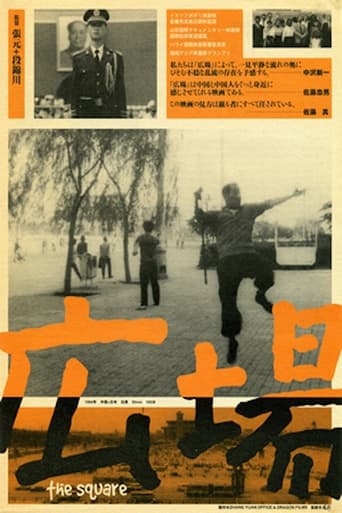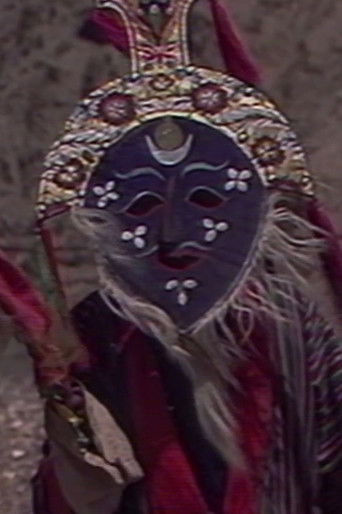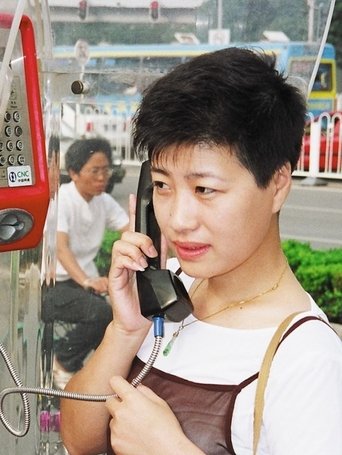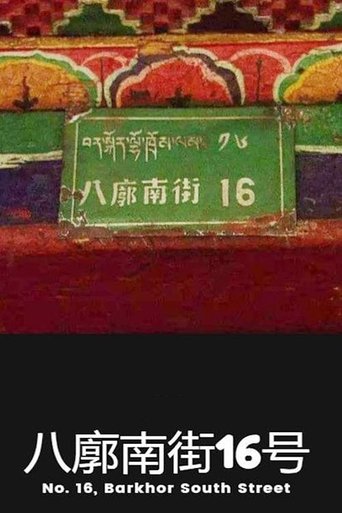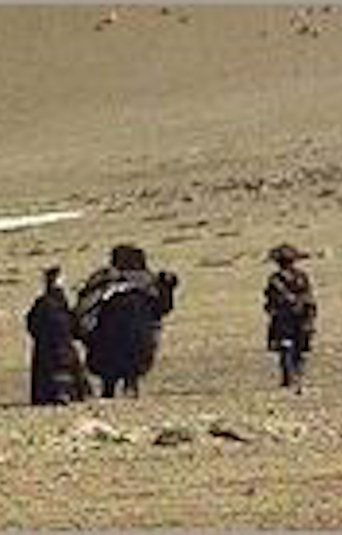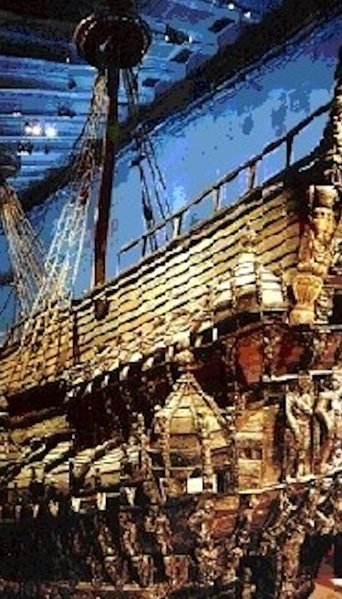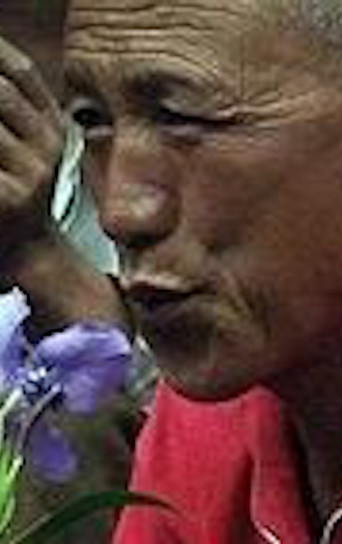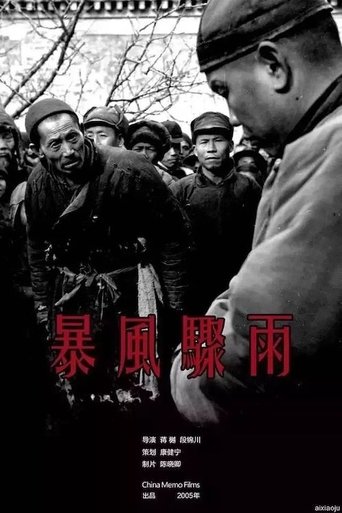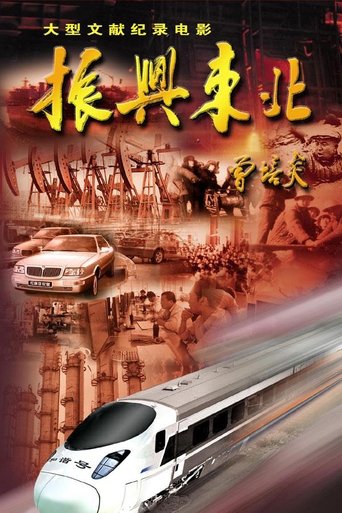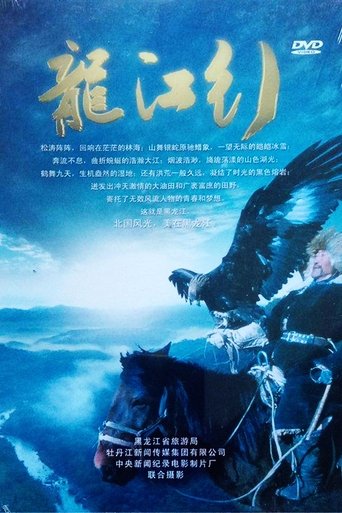Jinchuan Duan
Recently added
广场
Jan 01, 1994The film documents a day in the life of Tiananmen Square in 1994, a mere five years after the crushing of a student-led democracy movement in 1989.
Documentary
青稞
Aug 08, 1986蓝面具供养
Oct 18, 1988Early TV documentary short film by director Duan Jinchuan about traditional Tibetan opera performances.
The War of Love
Nov 23, 2002八廓南街16号
Mar 03, 1996No.16, Barkhor Street is an old courtyard in the heart of Lhasa and the site of the office of the Barkhor Neighborhood Committee. This masterful cinema verité documentary, the landmark work in the history of independent documentaries about Tibet, provides is a photographic study of rich insight into the basic workings of government in Tibet as it that follows the local Party Secretary, Deputy Director, Director for Women’s Affairs, and Community Policeman, among others, as they implement official policies and manage neighborhood affairs.
拎起大舌頭
Nov 23, 2002Interesting Times: The Secret of My Success is a 2002 Chinese documentary film by director Duan Jinchuan about China's contemporary politics of democracy and the realities of the one child policy. The director shows how this policy is being implemented in Fanshen, a rural village in Northeast China. The film is part of the series, called Interesting Times, which shows different aspects of modern life in China. The other films in the series are: The War of Love (dir. Duan Jinhuan and Jiang Yue), Xiao's Long March (dir. Wu Gong AKA Kang Jianning), and This Happy Life (dir. Jiang Yue). The documentary aired on TV in a shortened version with English narration (59 min.), but a longer version (71 min.) screened at some international festivals.
Documentary
广场
Jan 01, 1994The film documents a day in the life of Tiananmen Square in 1994, a mere five years after the crushing of a student-led democracy movement in 1989.
Documentary
大地震
Oct 18, 1989On Tomb Sweeping Day, in 1988, a film crew set out for the monument of the Tangshan earthquake to shoot a memorial ceremony for the victims. This marked the beginning of shooting for a documentary called "The Great Earthquake." The crew continued to shoot through the rest of 1988, even staging a large-scale rock 'n' roll concert and performance art event on the Great Wall, and into 1989, including footage shot at the famous 1989 Avant-Garde Art Exhibition, where one artist fired two gun shots at her exhibit. More footage was shot during the Tiananmen protests, up until the events of June 4th shut down production for good. Shortly before, a two-hour "rough cut" was assembled by main director Wen Pulin and Assistant Director Hao Zhiqiang, which screened only once (and is preserved at University libraries in the U.S.). The footage has been recycled in some of Wen's later films, notably "China Action," but "The Great Earthquake" itself was never finished.
天边
Jun 26, 1997Documentary which follows the lives of a group of Tibetan herdsmen living on the Phala Grasslands in the northwest Tibetan plateau. This film follows the decision of a Tibetan nomad living far from any town who has invested money in a truck that doesn’t work.
青朴—苦修者的圣地
Oct 01, 1993Qingpu is a famous sacred mountain in Tibet, where countless monks have practiced for thousands of years. In 1989, Wen Pulin and Duan Jinchuan followed several monks up the mountain and took video of them. After three years, they revisited the same people and got a little closer to understanding their lives. As an in-depth dialogue with down-to-earth, rural people in Tibet, the film strives to understand Buddhism both as a philosophy, but also as a personal choice of lifestyle, as a transcendence of the chaos of life.
沉船—1997年的故事
Nov 24, 1999加达村的男人和女人
Nov 11, 1997暴风骤雨
Sep 03, 2005This documentary is named after the well known novel (and later propaganda film) of the same title, which offered a telling of an historic event in 1946 in Northeastern China, when the CCP initiated Land Reform as a means of attracting peasants to join-up with the PLA and help seize state power. Decades later, residents who are still alive and can recall those days offer their personal memories of the class struggle that erupted in Yuanbao Village. Meanwhile, in today's Yuanbao, the local cultural bureau is setting up the Museum of Land Reform as a memorial and a space for education.
Documentary
1966:我的红卫兵时代
Oct 03, 1993More preoccupied with "history" than Wu's other works, My Time in the Red Guards is a record of his fascination with the missed moment, Mao's Cultural Revolution. In 1966, the Red Guards ironically represented the official avant-garde, a movement carried forward by youth determined to become heroes of the Revolution. Wu interviews people who had joined the Red Guards as high schoolers, most now successful professionals, some Party members. The miscalculations and cruelties of this extreme cultural campaign are spread out before us, detailed by personal recollection and further illustrated by old agit-prop newsreels. Misgivings and fond remembrance vie for position as the interviewees seem to confuse the nostalgia of youthful action with the excesses of historical fact.
Documentary

